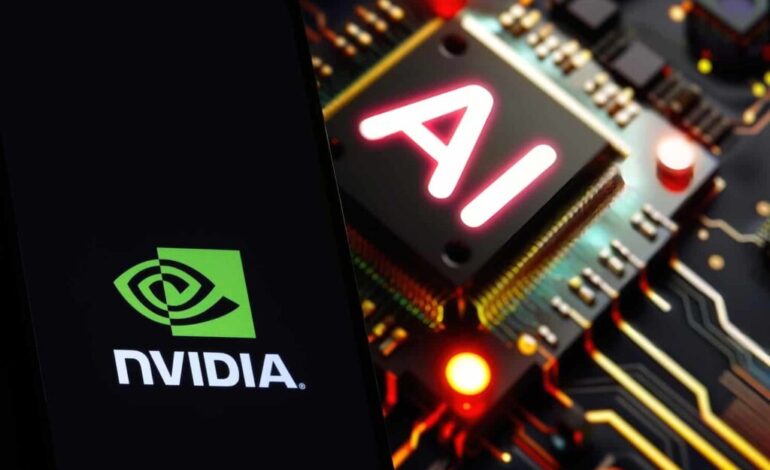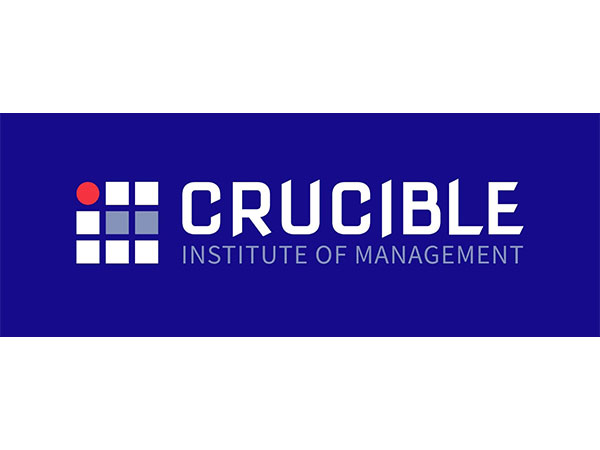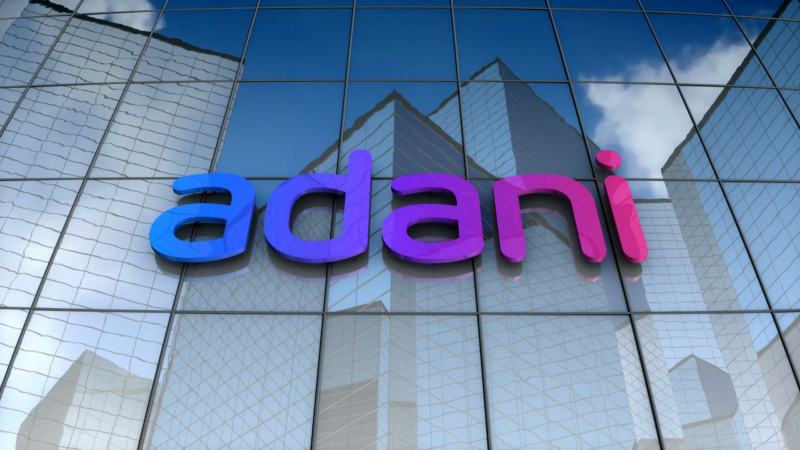Exclusive: Nvidia cuts China prices in Huawei chip fight, sources say

Nvidia’s latest AI chip tailored for the Chinese market hasn’t had the promising debut it hoped for, as sources familiar with the matter reveal. Plentiful supply has compelled Nvidia to price its chip below a competing one from Huawei, reflecting the challenges it faces in China amidst U.S. sanctions on AI chip exports and intensified competition. These pricing dynamics cast uncertainty over Nvidia’s future in a market that accounted for 17{e576653dfa42e7ed55958086470380e0158fb4bb779b4a72dd274eee05b9584b} of its revenue in fiscal 2024.
The heightened competition in China also presents a cautionary tale for U.S. investors eyeing the semiconductor designer, whose shares have surged following a robust revenue forecast earlier this week. Nvidia introduced three chips specifically for the Chinese market late last year, aiming to compensate for export restrictions on its most advanced semiconductors. Among these, the H20 chip garnered the most attention for its potency in China. However, sources indicate an oversupply of the H20 in the market, signaling weak demand.
Reports suggest that in some instances, H20 chips are being sold at over 10{e576653dfa42e7ed55958086470380e0158fb4bb779b4a72dd274eee05b9584b} discount compared to Huawei’s Ascend 910B, the most powerful AI chip from a Chinese company. Analysts underline Nvidia’s strenuous efforts to secure market share in a crucial region, but the outlook remains uncertain. With China projected to command over 30{e576653dfa42e7ed55958086470380e0158fb4bb779b4a72dd274eee05b9584b} of the global AI industry by 2035, Nvidia faces the challenge of balancing its Chinese market presence with navigating U.S.-China tensions.
During Nvidia’s recent earnings call, senior executives acknowledged a substantial decline in their China business post-sanctions. The company anticipates fierce competition in the Chinese market moving forward. The success of Nvidia’s H20 chip hinges on its performance and its ability to compete with Huawei. While Huawei’s dominance in the sector emerged only recently, reports suggest it will significantly ramp up shipments of its Ascend 910B chip this year, potentially outstripping the H20 in key metrics.
In the past six months, limited interest in purchasing H20 chips has been observed compared to Huawei’s 910B, as per available government procurement data. U.S. sanctions have barred Nvidia’s other advanced chip lines, exacerbating the challenges in China. Additionally, Beijing’s directive for companies to favor Chinese chips has posed another hurdle, although recent months have seen a relaxation in such orders.
Despite these obstacles, the H20 chip has become widely available in China, with notable orders from tech giants like Alibaba. Pricing for the H20 chip and Huawei’s 910B varies based on order size, with distributors selling the former at around 100,000 yuan per card and the latter at a higher price. Analysts warn that Nvidia must compete with Huawei on pricing, especially considering the narrower margins for the H20 chip compared to its predecessor, the H100.








